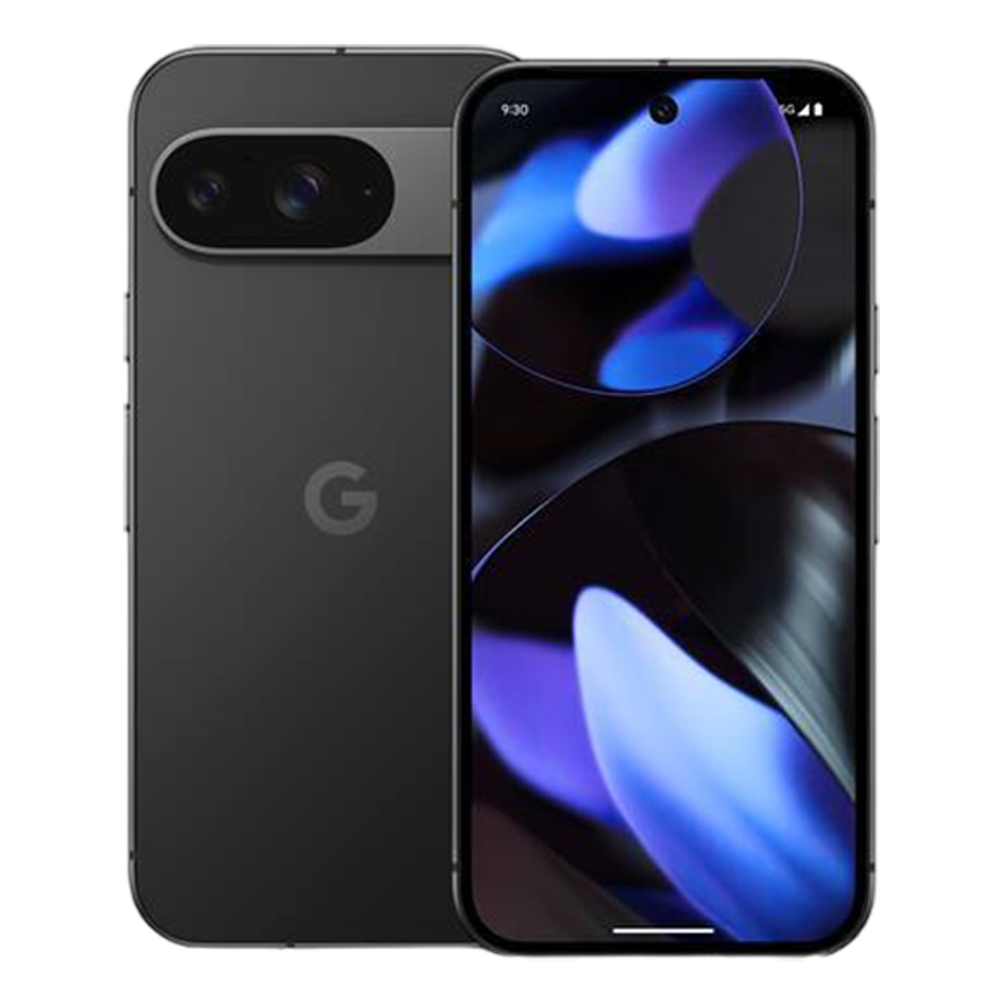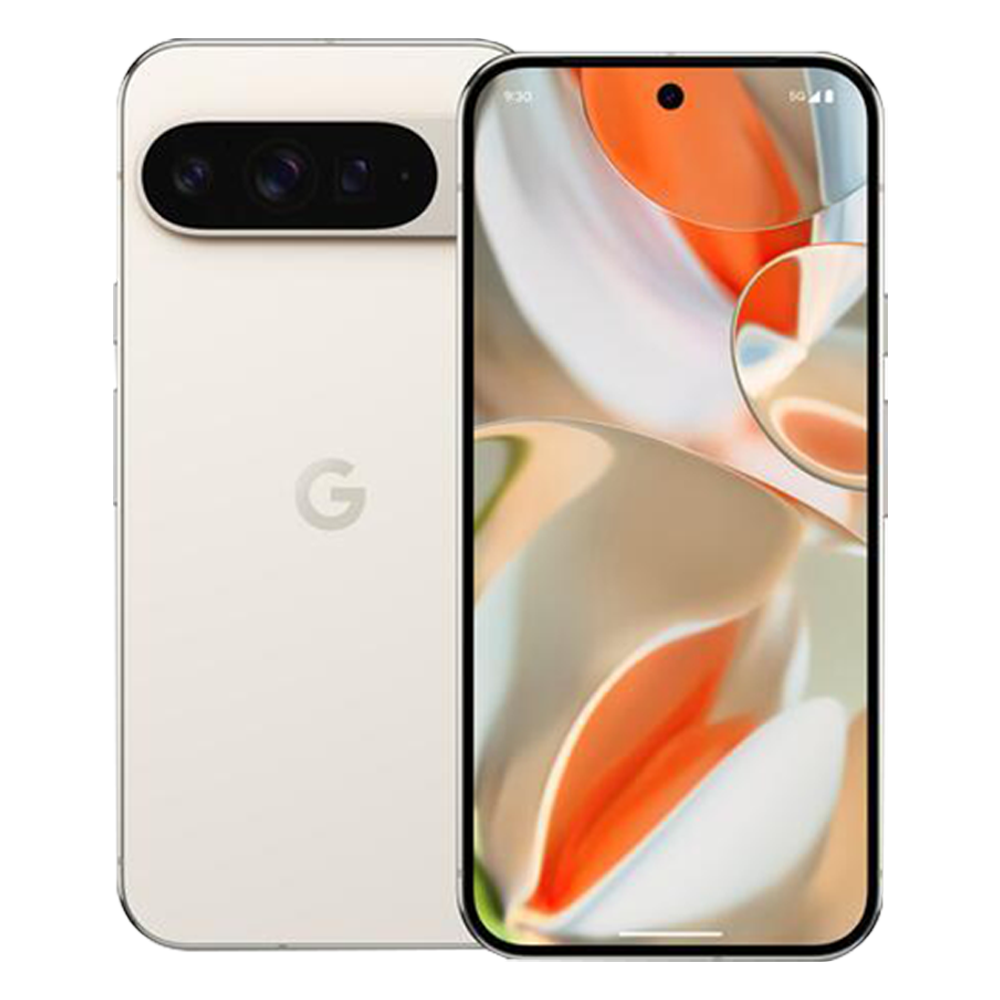While Qualcomm Snapdragon chips set the benchmark for performance in the Android smartphone space – and with good reason – Google opted to design its own chips for its Pixel series of smartphones. Called the Tensor processor, this chip has been powering Google Pixel phones since the Pixel 6, and has seen significant improvements with each update.
This time, however, the jump from Tensor G3 to G4 appears to be a relatively minor one, focusing more on efficiency and user experience than on raw performance. The Tensor G3 powers last year’s Pixel 8 series phones while the Tensor G4 is present in the recently released Pixel 9 lineup.
Let’s take a closer look at the updates to understand what it is we’re getting in our new Pixels.
Tensor G4 vs Tensor G3: CPU - Upgrade or downgrade?
The Tensor G3 in the Pixel 8 came with a 9-core processor with four efficiency cores, four performance cores, and one prime core (4 + 4 + 1 config). The G4, on the other hand, drops one core and opts instead for a 4 + 3 + 1 config. This might seem like step back – we’re getting one less core after all – but it is still an upgrade.
See, the Tensor G3 used a combination of ARM Cortex-A510, Cortex-A715, and Cortex-X3 processors clocked at 1.7GHz, 2.4GHz, and 2.9GHz respectively for its efficiency, performance, and prime cores. The Tensor G4 uses newer A520, A720, and X4 cores clocked at a much higher 1.95GHz, 2.6GHz, and 3.1GHz respectively.
ALSO READ: Google Pixel 9 Pro vs Pixel 9 Pro Fold: Specifications and features compared
The newer cores in the G4 are more power efficient and run faster, leading to an overall performance gain of about 11 per cent in single-threaded performance and three per cent in multi-threaded performance despite having one fewer CPU core. This might not seem like a big upgrade, and is certainly disappointing when compared to the flagship Qualcomm Snapdragon 8 Gen 3 chip, but Google thinks it’s sufficient for the Pixel’s needs.
These changes and more should result in a smoother and more responsive user experience, and perhaps a slightly faster and more consistent gaming experience. The Pixel phones are first and foremost AI-powered camera phones, so we think it’s acceptable that the upgrades in the CPU department aren’t particularly impressive. What is surprising is that the rest of the processor stack saw little to no change.
Tensor G4 vs Tensor G3: GPU - The same, but also faster
The GPU remains the same Mali G715 that we saw in the Tensor G3, but possibly as a result of a more efficient CPU, the GPU now runs five per cent faster at 940MHz. Again, this isn’t the massive bump in performance that users were hoping for.
Tensor G4 vs Tensor G3: Supporting processors - Unchanged
One of the main reasons Google gave for switching to their own design was that they needed custom processor clusters for handling AI and camera-related processing. These take the form of processors like the NPU for AI processing, GXP for accelerating image processing, and BigWave for video encoding. Surprisingly, these have seen no upgrade in the G4.
Tensor G4 vs Tensor G3: RAM - There’s more now
You can now get up to 16GB RAM – if you opt for the Pixel 9 Pro XL – but it’s still 12GB in other models. Extra RAM is always useful for better multitasking and for AI, so it’s nice to see some upgrade in this department.
ALSO READ: Google Pixel 9 vs Pixel 9 Pro: What’s different?
Clearly, the Tensor G4 isn’t as significant an upgrade as we thought it’d be. Still, there are reasons for these minimal changes and the Pixel 9 does take better advantage of the hardware it has access to. If you were looking for a massive performance bump, though, you’d be better off looking at other brands such as Samsung or OnePlus.
Unleash your inner geek with Croma Unboxed
Subscribe now to stay ahead with the latest articles and updates
You are almost there
Enter your details to subscribe

Happiness unboxed!
Thank you for subscribing to our blog.
Disclaimer: This post as well as the layout and design on this website are protected under Indian intellectual property laws, including the Copyright Act, 1957 and the Trade Marks Act, 1999 and is the property of Infiniti Retail Limited (Croma). Using, copying (in full or in part), adapting or altering this post or any other material from Croma’s website is expressly prohibited without prior written permission from Croma. For permission to use the content on the Croma’s website, please connect on contactunboxed@croma.com
- Related articles
- Popular articles














Anirudh Regidi
Comments